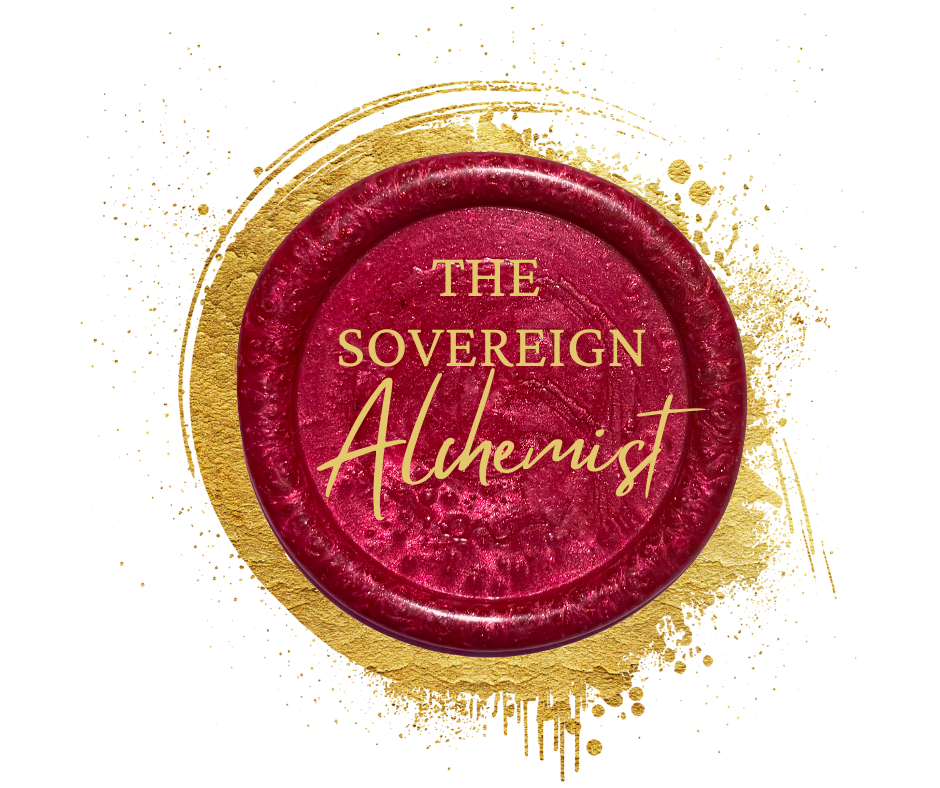Unveiling the Ancient Persian Perspective: Mental Health and Wellness
In our quest for mental health and wellness, we often turn to contemporary practices and therapies. But let us take a step back in time and explore the profound insights of the ancient Persians, whose wisdom laid the foundation for holistic well-being and mental health that continues to resonate today.
The Balance of Body and Mind
The ancient Persians, like many other ancient cultures, recognized the intimate connection between the body and the mind. They believed that maintaining physical health was essential for mental well-being, and vice versa. This interconnectedness remains a core principle in modern holistic approaches to wellness.
In the Persian tradition, physical health was nurtured through practices such as yoga (Pahlavāni ), meditation, and a balanced diet. These practices not only promoted physical vitality but also fostered mental clarity and emotional equilibrium. Today, we can draw inspiration from these ancient practices to cultivate our own well-being.
The Power of Mindfulness
The concept of mindfulness, so popular in our modern wellness culture, finds its roots in ancient Persian wisdom. The Persians emphasized the importance of being fully present in the moment, a practice that allowed individuals to cultivate a deep sense of self-awareness and inner peace.
Mindfulness was not just a personal practice but also a social one. Persian gatherings often included moments of silence and reflection, allowing participants to connect on a deeper level and nurture their mental and emotional well-being. In our fast-paced world, the ancient Persian practice of mindfulness can serve as a guide to reconnecting with ourselves and those around us.
The Healing Arts
Ancient Persians were pioneers in the field of medicine and healing. Their knowledge of herbal medicine, combined with a deep understanding of the mind-body connection, laid the groundwork for holistic healing practices. The Persian physician Avicenna, also known as Ibn Sina, made significant contributions to the field of psychiatry, recognizing the importance of mental health in overall well-being.
Today, we can draw inspiration from the Persian approach to healing by exploring complementary therapies such as herbal medicine, aromatherapy, and holistic psychiatry. These practices acknowledge that true well-being encompasses not only the absence of illness but also the presence of mental and emotional vitality.
Community and Connection
The ancient Persians understood the significance of community and human connection in promoting mental health. Their gatherings, known as "majlis," were spaces for sharing stories, poetry, and wisdom. These communal gatherings provided emotional support, a sense of belonging, and opportunities for personal growth.
In our modern world, where digital screens often replace face-to-face interactions, we can learn from the Persians' emphasis on human connection. Building strong, supportive communities and nurturing meaningful relationships are essential steps toward better mental health and overall wellness.
Seeking Balance in All Things
The ancient Persians believed in the power of balance. They saw the pursuit of equilibrium in all aspects of life as a path to mental and emotional well-being. From their teachings, we can learn to find balance in our work and leisure, in our relationships, and in our self-care routines.
Incorporating the wisdom of the ancient Persians into our lives can provide a holistic approach to mental health and wellness. By nurturing the connection between our body and mind, practicing mindfulness, exploring healing arts, fostering community, and seeking balance, we can find our own path to well-being that resonates with the wisdom of a civilization that understood the profound interplay of the physical, mental, and emotional realms.
With reverence for ancient Persian wisdom,
Matthew Mann, The Sovereign Alchemist
